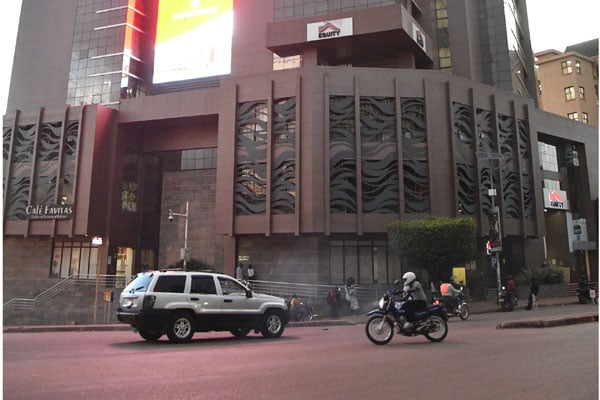
Tiche Makonese
Here is a widely held perception among many Ugandans, that apart from the mandatory Third-Party insurance cover for vehicles, buying insurance is a luxury they cannot afford or should not indulge in.
That said it is better not to think of insurance as a ‘now’ thing like for instance buying airtime for instant use. Instead, think of insurance as a ‘later’ thing. According to a recent joint survey carried out by Bank of Uganda, aBi and Financial Sector Deepening Uganda, during 2023 nine out of every 10 Ugandans were faced by an unexpected event which resulted in unexpected expenses. This is triple the figure for 2018.
This indicates more Ugandans are more vulnerable to economic and social shocks while also operating on a personal budget deficit, meaning constant borrowing, and relying on family networks for cash bailouts. While no future is certain, and it is incumbent upon us to be as prepared as we possibly can to handle the uncertainty of the future. An accident, fire, burglary and or any number of countless calamities will cause financial strain.
This strain can be eased by being insured. Technically, insurance is a legal agreement between two parties – the insurer and the insured, also known as insurance coverage or insurance policy. Under certain circumstances, the insurer provides financial coverage for the losses of the insured. Latest figures from the Insurance Regulatory Authority (IRA) published last year, show Uganda’s insurance penetration improved by 0.08 percent from 0.796 percent in 2021 to 0.876 percent in 2022. As a comparison, the figure for neighboring Kenya is 2.2 percent.
The measure of Ugandan’s increasing uptake of insurance products can be seen in the steadily rising figure for Gross Written Premium (GWP). GWP is the total amount of money an insurer collects from its customers in exchange for insurance policies. According to IRA, the GWP grew from Shs1.183 trillion in 2021 to Shs1.425 trillion in 2022. Despite Uganda’s low insurance penetration, Alhaj Kaddunabbi Ibrahim Lubega, the IRA Chief Executive Officer is optimistic. He believes enhanced risk awareness among the public, together with improving compliance, will generate faster growth in the industry.
Coupled with this, are emerging sector opportunities especially in oil and gas and in agriculture as insurance gets incorporated in the Parish Development Model (PDM). But he also noted that in the short-to-medium term, more attention will be paid to claims and claims processes to ensure that all payable claims are paid in time.
One of the major things that dented the reputation of Uganda’s insurance industry in the past, was delayed payment or non-payment of customers’ claims. Far from being a luxury, taking out insurance can give you peace of mind. Life insurance is an important tool for providing financial security for your family members. In taking out a Life policy, you can create an immediate estate of sufficient size to assure adequate income for your family members when you pass on. It can be arranged in such a way that beneficiaries get monthly payments for a set period, rather than paying out one lump sum.
Tiche Makonese is the Head of Insurance and Asset Management Stanbic bank




